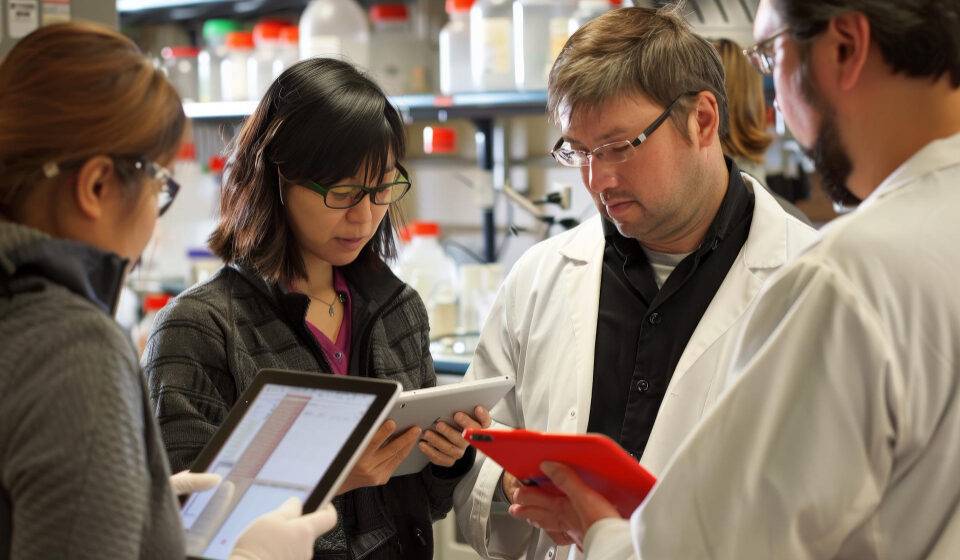Medical countermeasures are biological products used to counter threats to public life that include a chemical or biological or even nuclear component. Terrorist attacks and natural disasters that can cause chemical, biological, nuclear harm to large populations or diseases of an epidemic or pandemic proportion are considered events where medical countermeasures are necessary to be implemented by nations. In the case of the United States of America (US), the role of deploying such medical countermeasures falls to the Food and Drug Administration (FDA).
The FDA ensures that the countermeasures to be used will be safe and effective when deployed and works with federal and state administrations to ensure the safety of Americans by helping them build up their resources to be able to face external adverse health events.
 While the FDA has already had many programs that address the countermeasure plan, it started the MCMI program under the Obama administration in 2010 as a capacity building program that strengthens the already existing programs. In lieu of this was born the MCMI. The MCMI works in close concert with the departments of health and human services, defense and other federal agencies like the Center for Disease Control (CDC).
While the FDA has already had many programs that address the countermeasure plan, it started the MCMI program under the Obama administration in 2010 as a capacity building program that strengthens the already existing programs. In lieu of this was born the MCMI. The MCMI works in close concert with the departments of health and human services, defense and other federal agencies like the Center for Disease Control (CDC).
The major goals of MCMI are as follows:
- Enabling and improving the FDA’s ability to quickly deploy countermeasures according to various regulatory pathways.
- Ensuring regulatory pathways are clear and not cumbersome due to bureaucratic delays
- Enhancing research that aims to develop innovative measures, comply with safety regulations
- Modernizing the whole legal and regulatory framework to enable quicker decentralized responses at both state and federal levels
The resources that can be classified as MCMs are:
- vaccines, antibodies, and other biological products
- anti-microbial and anti-viral drugs and other similar drugs
- diagnostic test devices and personal protective equipment
The method of deploying MCMs depends on the needs of the emergency event. The Strategic National Stockpile (SNS) administered by the CDC is the usual provider of MCM resources to those involved in dispensing responses in the field. Other than SNS, local stockpiles in states also provide the resources. Healthcare workers and other public health responder’s are usually the ones to administer these MCMs in the field during emergency operations. But due to the nature of these resources, FDA approval is usually required in deploying to healthcare workers and others. One of the mechanisms that the FDA uses to release the resources is the Emergency Use Authorization. Another rule to be followed is the Animal Rule. This is when medical resources are in the developmental stages. Since it is not feasible to test the MCM resources on large human populations, sponsors of the medical resources need to gain approval from the FDA through well-controlled animal studies.
The FDA’s Office of Counter terrorism and Emerging Threats (OCET) is the leading implementer of the MCMI program. Currently, the FDA has identified certain resources as the highest priorities in developing robust countermeasures. They are:
- Monoclonal antibodies
- Diagnostics to identify multiple threats simultaneously
- Biological and similar products that can be used on the battlefield
- Drugs and cellular therapies that can treat multiple harmful agents



